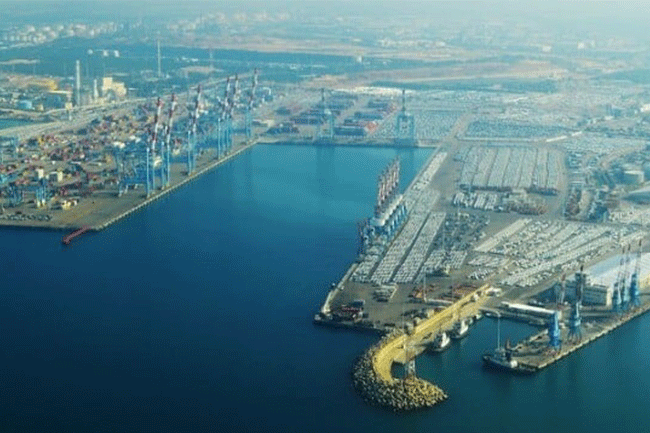
I. Which liquor products haveExport agentValue?
According to the export data of the General Administration of Customs of China in 2023, the following three types of liquor products have continued to maintain a growth trend:
- Jiangxiang - flavor Baijiu: Products from the core production area of Maotai Town have a premium rate of 120% in the Southeast Asian market
- Craft beer: The annual compound growth rate in the European and American markets exceeds 18% (Data source: IBISWorld 2024 report)
- Low - alcohol fruit wine: The penetration rate of the consumer group under 30 years old in the Japanese and South Korean markets exceeds 45%
II. What are the changes in the main market access standards in 2025?
The latest regulatory requirements of key export countries:
- The European market
- Newly added heavy metal detection standards for CE - certified liquor packaging materials
- Alcohol content marking needs to be accurate to ±0.3%vol
- US Market
- New blockchain traceability requirements for TTB licenses
- Organic certified alcoholic beverages require dual certification from USDA and FDA
- The Middle East Market
- Halal certification adds requirements for digital records of the cleanliness of production equipment
III. What core qualifications are required for agency export?
- The basic qualifications:
- Registration Form of Foreign Trade Operators
- Food circulation license (liquor - specific)
- The Special Qualifications:
- Certificate of origin (needs to match the free trade agreement)
- ISO22000 Food Safety Management System certification
IV. How to develop a compliant logistics plan?
It is recommended to adopt a three - level logistics system:
- Primary packaging: Shock - proof and moisture - proof corrugated carton + EPE buffer layer
- Transportation Method:
- High - value liquor: Constant - temperature sea - freight container (15 - 18℃)
- Bulk general cargo: LCL + bonded transit
- Customs clearance guarantee: It is recommended to purchase the credit insurance of AEO - certified enterprises
Five isExport tax refundAnd how to handle tariffs?
1. Key Policy Points in 2025:
- 2. VAT Rebate3. : The rebate rate for spirits remains at 13%, and that for fermented alcoholic beverages is increased to 9%.
- 4. Preferential Treatment of Free Trade Agreements:
- Rice wine tariffs for RCEP member countries reduced to 5.8%
- 5. Products with mutual recognition of geographical indications between China and the EU enjoy zero tariffs.
VI. VI. How to Prevent and Control Risks in Agency Export?
- 7. Quality Risk8. : Require suppliers to provide batch inspection reports from CNAS - certified laboratories.
- Document risks9. : Use an intelligent document - review system to verify 18 core data items.
- 10. Transportation Risk11. : It is recommended to purchase insurance under the Institute Cargo Clauses (A) of the Institute of London Underwriters.
12. VII. What Experiences Can Be Learned from Successful Cases?
13. Practical Plan of a Zhejiang Trading Company in 2024:
- 14. Product Portfolio: French AOC - certified wine + domestic yellow rice wine
- 15. Channel Strategy: Pre - stock in the bonded warehouse in Frankfurt, Germany
- 16. Customs Clearance Plan: Use the TIR certificate of the China - Europe freight train to achieve door - to - door transportation
- 17. Annual Achievements: Reduce logistics costs by 22% and shorten the delivery cycle by 18 days


 Follow Customer Service WeChat
Follow Customer Service WeChat